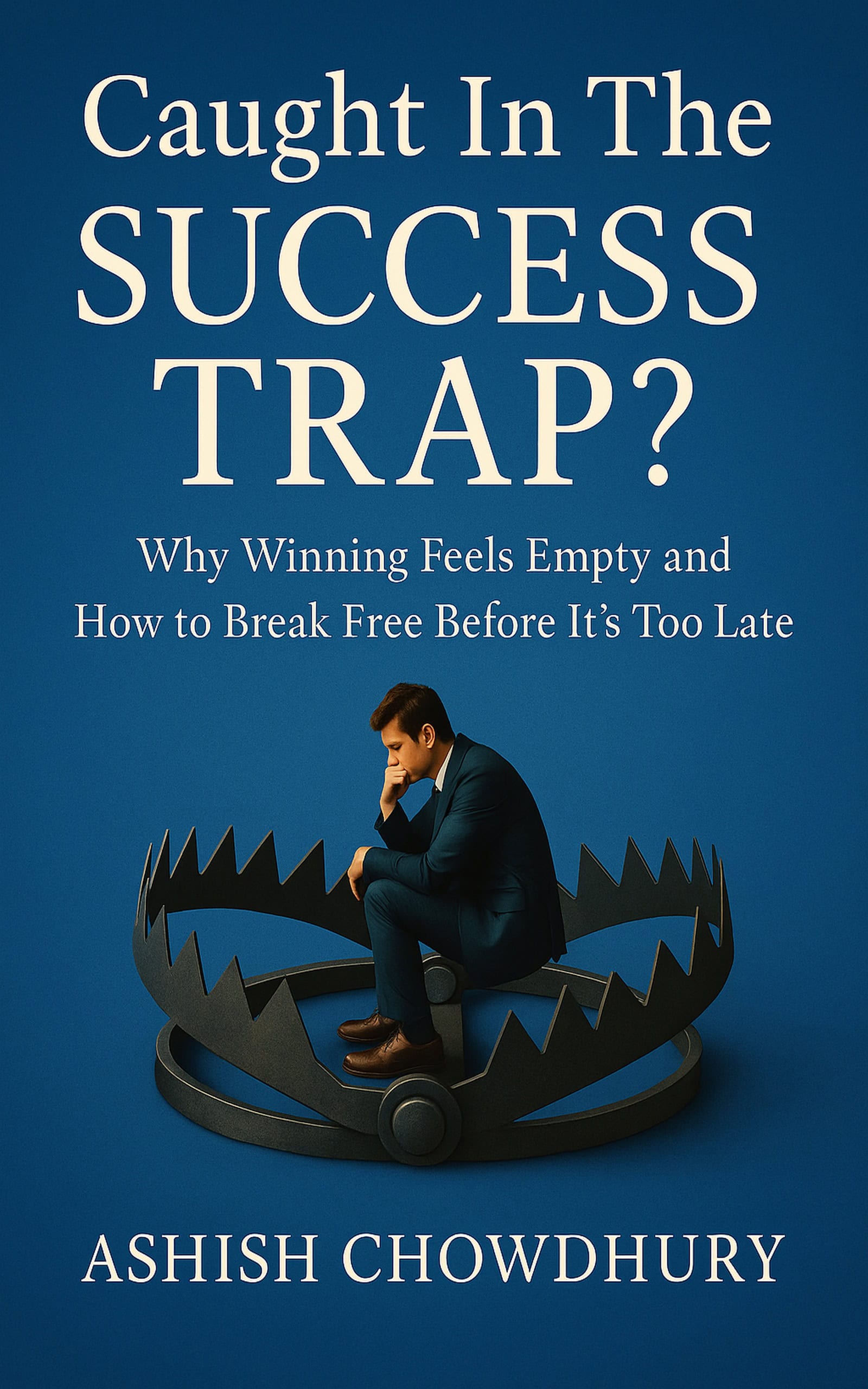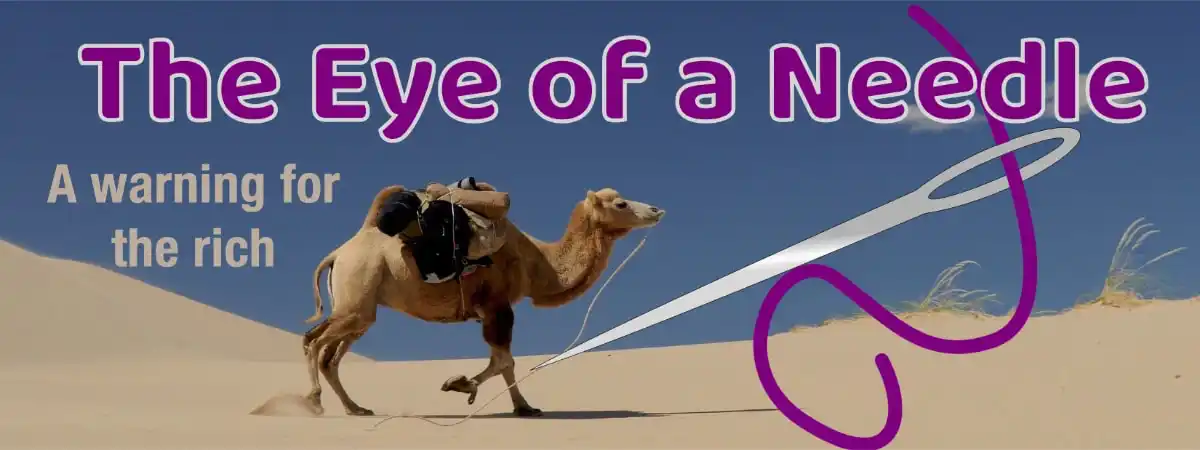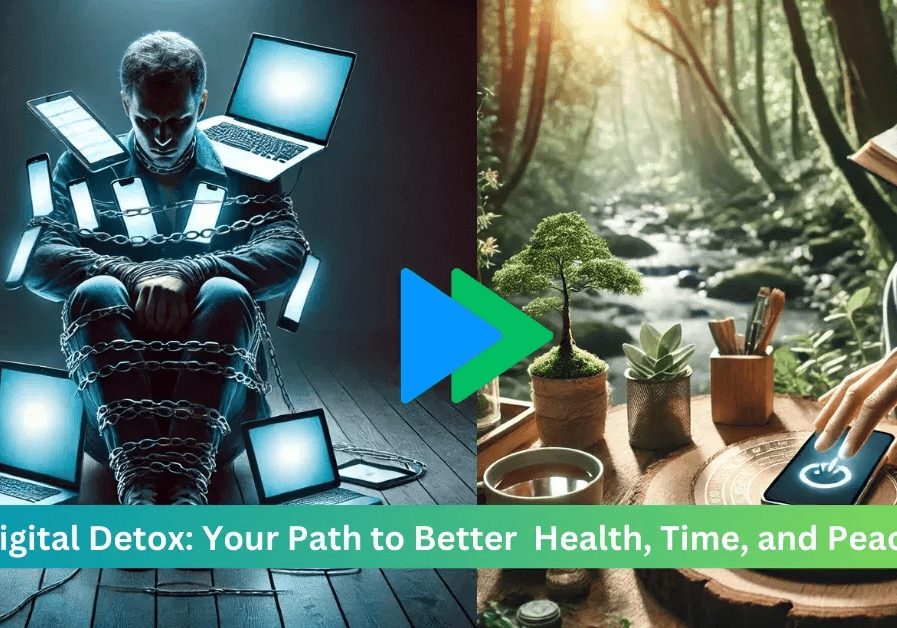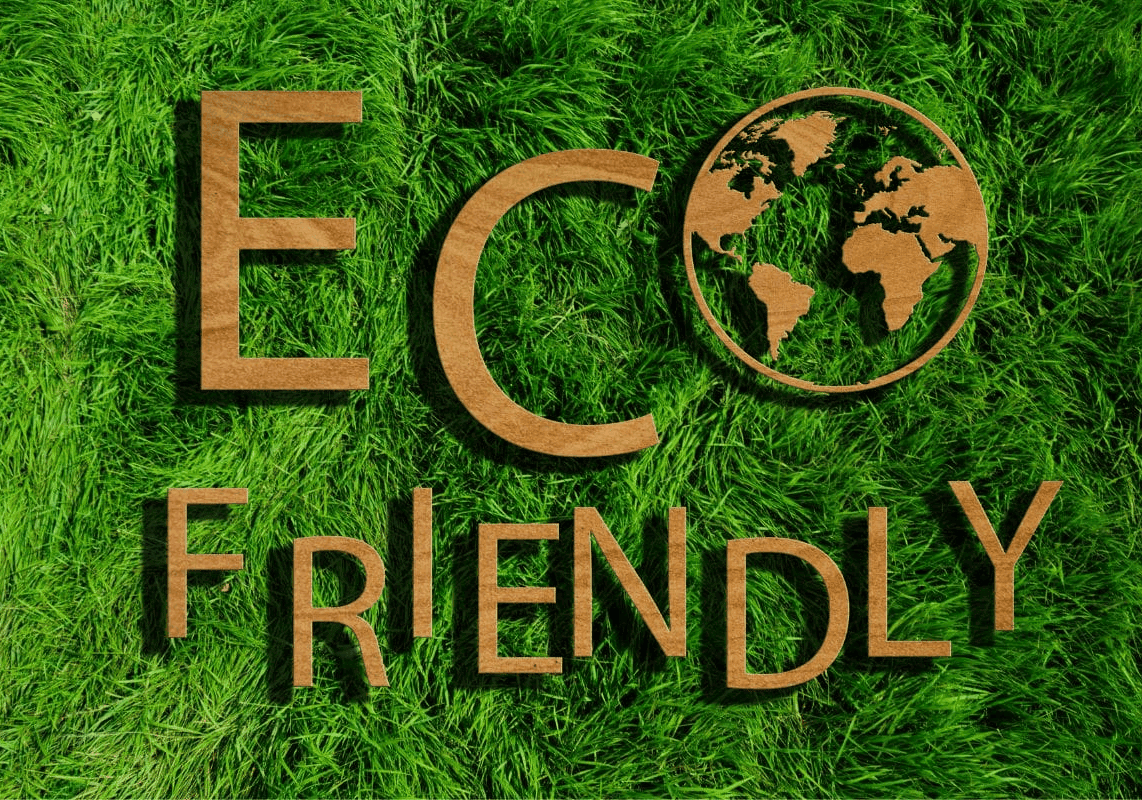Digital Detox and Nature Connection: Reclaiming Inner Peace Through Earth-Based Practices
In a world that hums with notifications, scrolls, and screen-glow, many are beginning to feel a quiet ache—an invisible fatigue that no amount of productivity can soothe. Digital overload, once a byproduct of modern life, has become a chronic undercurrent of stress. In response, a growing movement is emerging: digital detox and nature connection.
This isn’t just about putting the phone down for a few hours. It’s about remembering what it feels like to be—to walk barefoot on dewy grass, to sit beside a river without checking the time, to gaze at the sun as it rises or sets and feel the warmth touch your soul.
Unplugging Through the Senses:
Unplugging Through the Senses:
Grounding walks—where you move slowly and mindfully in nature—are gaining popularity, not just as a wellness trend, but as a spiritual act. Often done barefoot, these walks allow the body to connect with the Earth’s electromagnetic field. Research now supports what indigenous cultures have known for centuries: the Earth heals. Direct contact with soil, grass, and sand can reduce inflammation, calm the nervous system, and restore mental clarity.
Likewise, spending time near water—lakes, rivers, the ocean—has been shown to lower cortisol levels and activate a meditative brain state. The rhythm of waves, the shimmer of light on water, the coolness in the air—all of it invites the overstimulated mind to exhale.
Sun gazing, especially in the gentle morning or evening hours, is another practice rooted in both ancient wisdom and modern interest. It invites presence. It reminds us of cycles beyond our control, of warmth freely given, of the light we carry within.
Nature as a Spiritual Mirror:
More than just a relaxation tool, nature has always been a portal to the sacred. In the rustling of trees, the stillness of a forest, the vastness of the sky—we see reflections of our own inner landscape.
Millennials and Gen Z, in particular, are drawn to spirituality that is embodied and experiential. For them, spiritual practices are increasingly rooted in natural elements—stone altars, moon rituals, forest meditations, and herbal smudging. These are not gimmicks. They are invitations to remember that we are part of something vast, intelligent, and alive.
Nature doesn’t demand performance. It doesn’t ask us to achieve or optimize. It simply is. And in its presence, so can we be.
The True Detox
A digital detox isn’t just about escaping screens. It’s about returning—to our breath, to the Earth, to rhythms more ancient than Wi-Fi. When we unplug from devices and replug into nature, something subtle but powerful shifts. Our thoughts slow down. Our hearts soften. Our presence deepens.
In the stillness of trees or the shimmer of sunlight, we often rediscover what we’ve been searching for all along—not more information, but more being.
So take off your shoes. Step outside. Let the Earth hold you for a while. In a world of constant connection, the most radical act may be to simply touch the ground and listen.



